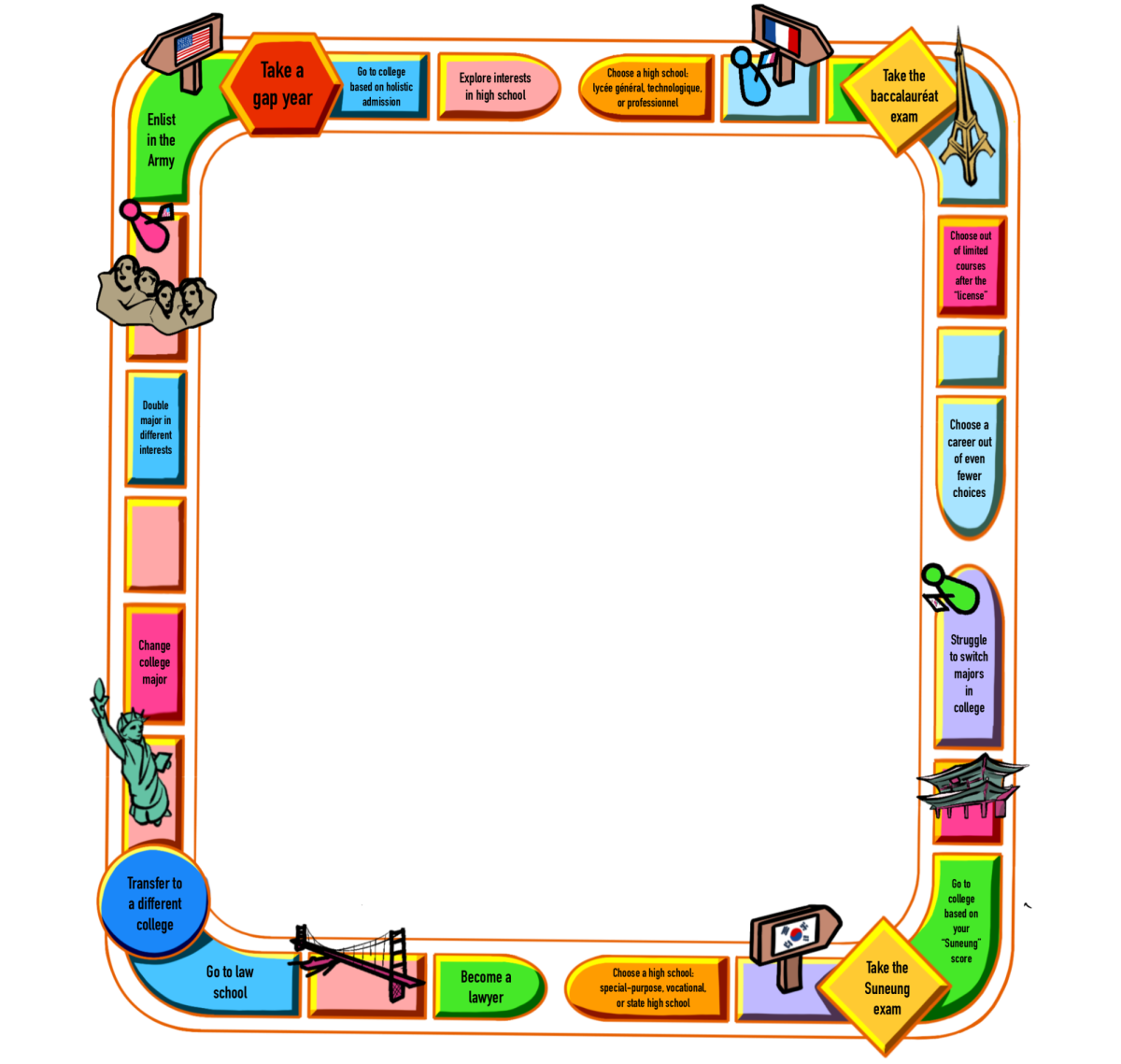By Elsa Chu:
When sitting in a French, Spanish, German, Chinese or Japanese class, there are always a few native speakers who sit at their desks and look constantly bored. A language class usually includes students who feel that their experience excuses them from working as hard as others. They receive resentment from other students, who claim the native speakers are graded unfairly. However, native speakers should be allowed to take tests without complaint from other students because they are graded on a different curve.
For instance, standardized testing such as the Advanced Placement (AP) test requires students to declare their status as a native speaker and are then graded on a different scale than others. (Ed: Please note, this is incorrect information. Native and non-native speakers are graded on the same scale. Read Language Department Instructional Supervisor Anne Jensen’s response here.) This distinction puts more pressure on the students already familiar with the language, as they are expected to perform better. Because of this, these students cannot simply rely on their experience alone to pass a test with a significantly different, harder curve. Though they have a high passing rate, being a native speaker does not guarantee a 5. For example, in a Washington Post study of high schools, Hispanic students passed the AP Spanish Language exam at a rate of 80 percent, as opposed to a 60 percent rate for white students and 30 percent rate for African American students.
Additionally, for native speakers who have mostly attended an American high school and were taught in English, it is unlikely that they received a formal education in their native language. Thus, their skill level can be matched by other non-native students who are simply skilled at the language. When this is the case, the gap between native and talented non-native students is not significant.
If anything, the relatively high scores of native speakers boosts the average statistics for national testing. Thus, when schools give statistics about how their students perform on the language AP tests, the native students play their part in pulling up scores.
In addition, in terms of college or other applications, the high scores will indeed look impressive, but a student is usually required to list languages they know or speak fluently besides English, making their admission officers aware of the native status.
The same is true for SAT II subject tests that have a section for the number of years a student has taken a language, and an option for “native speaker.” Then, the curve is adjusted to fit the more advanced skills.
While it may seem unfair that bilingual students get a leg up in this situation, the same could be said for those with true natural talents in other subjects. Those opposed to native speakers taking an AP or SAT test must realize that it is simply a strategy of allowing those students to have more success in an increasingly competitive world.











